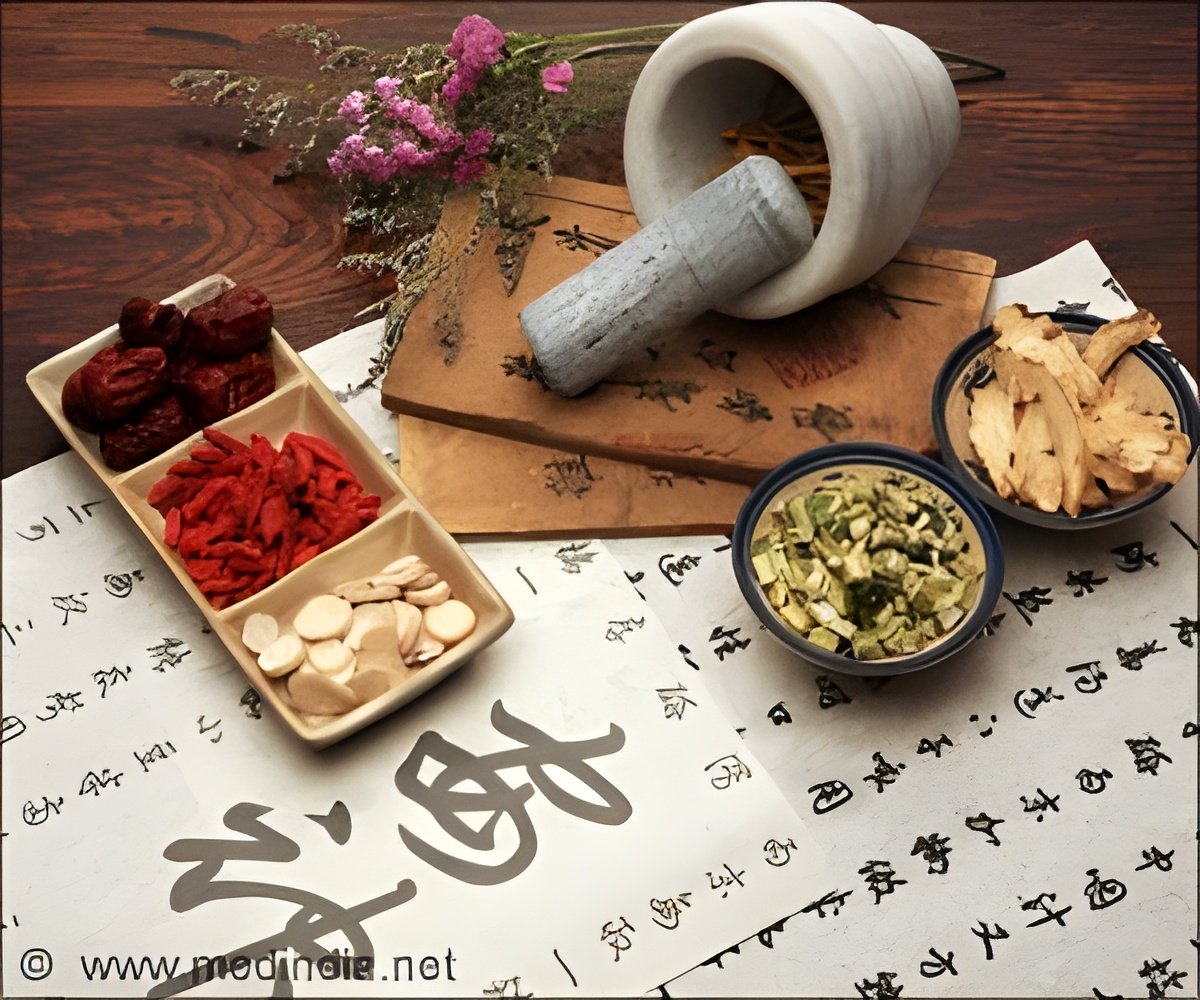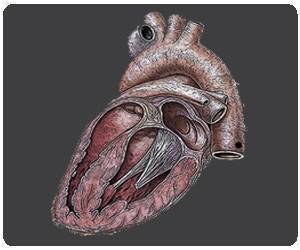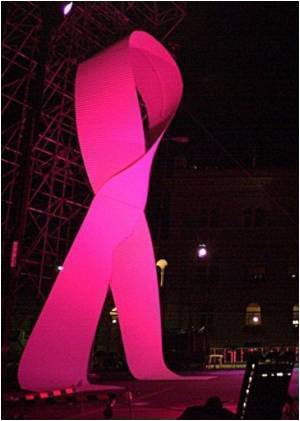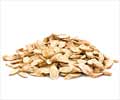Aconitine or Fuzi is the primary ingredient of the traditional Chinese medicine, although it is known for its toxic properties.

‘Aconitine, a natural substance is used in small doses for its anti-inflammatory and pain-relieving effects in the traditional Chinese medicines.’





The patient's husband reported that she had drunk about 50 milliliters of a medicinal liquid about 30 minutes before she developed a sudden drop in blood pressure and then lost consciousness. The woman had no history of previous heart-rhythm problems and there was no family history of unexpected sudden death or fatal accidents. On examination she had a heart rate of 150 beats per minute and her blood pressure was 50/30. Her skin was cool, moist, and cyanotic. Treatment with the antiarrhythmic agents amiodarone, metoprolol, lidocaine, and potassium chloride was ineffective. An abdominal ultrasound showed marked gastric retention. A gastric tube was used to suction out the contents of her stomach. After two hours, the patient's BVT ceased and her circulation improved. Investigation revealed that the patient's blood was positive for aconitine, a substance produced by the Aconitum plant, also known as devil's helmet or monkshood. Although well-known for its highly toxic properties, aconitine is the primary ingredient of the traditional Chinese medicine known as Fuzi, a remedy made from the processed lateral roots of Aconitum carmichaeli Debx. It is widely distributed in the southwest provinces of China and is used in small doses for its anti-inflammatory and pain-relieving effects.
"Management of potentially lethal ventricular tachyarrhythmia associated with aconitine poisoning presents a therapeutic challenge. In a previously published case, amiodarone was effective in suppressing the BVT. However, in our patient, both lidocaine and amiodarone were ineffective," explained lead author Zhong Yi, MD, PhD, of the Aerospace Center Hospital, Beijing, People's Republic of China.
"The public should be warned of the risk of severe poisoning that can accompany traditional Chinese medicinal usage of Fuzi," Dr. Yi concluded.
Commenting on the report, Dr. P. Timothy Pollak, of the Department of Medicine at the University of Calgary, Alberta, cautioned that "not all products of Mother Nature are free of harm. This case report reminds us that aconitine is not the only naturally derived substance that can cause potentially lethal ventricular tachyarrhythmias, including BVT. The report also demonstrates the human tendency to think that if a little is good, more must be better."
Advertisement
Advertisement











